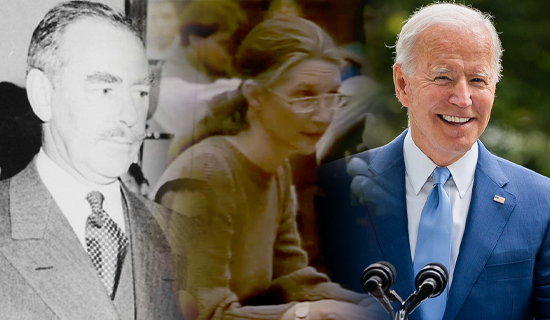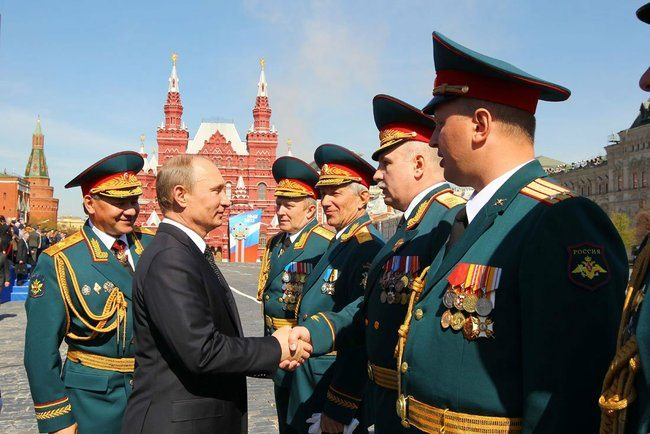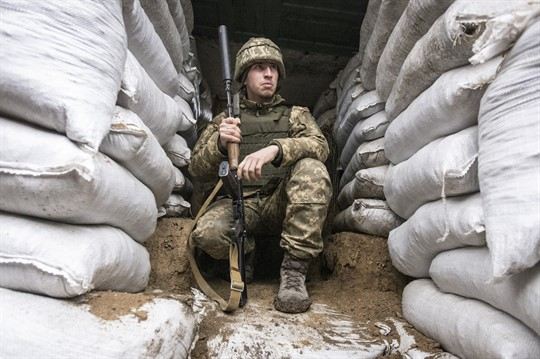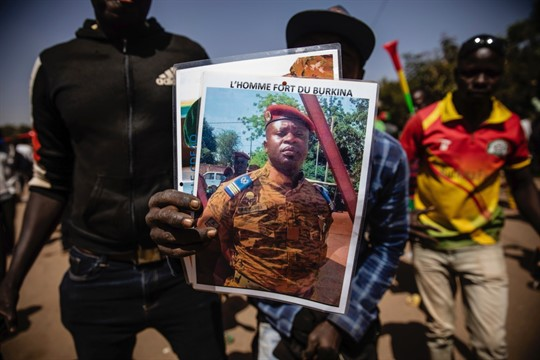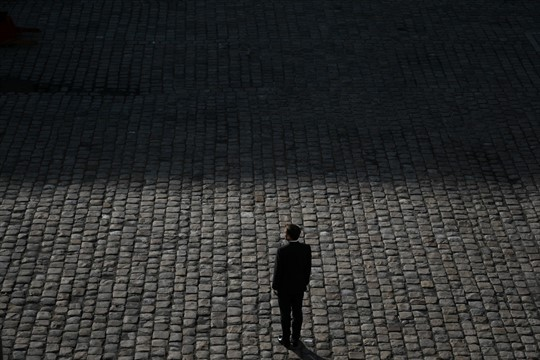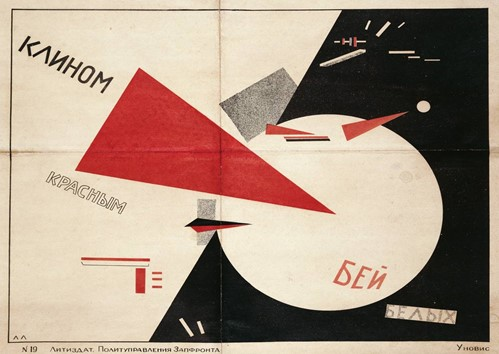Bomb shelters, guerrilla war: Building Ukraine’s resistance
The table tennis coach, the chaplain’s wife, the dentist and the firebrand nationalist have little in common except a desire to defend their hometown and a sometimes halting effort to speak Ukrainian instead of Russian.
The situation in Kharkiv, just 40 kilometers (25 miles) from some of the tens of thousands of Russian troops massed at the border of Ukraine, feels particularly perilous. Ukraine’s second-largest city is one of its industrial centers and includes two factories that restore old Soviet-era tanks or build new ones.

